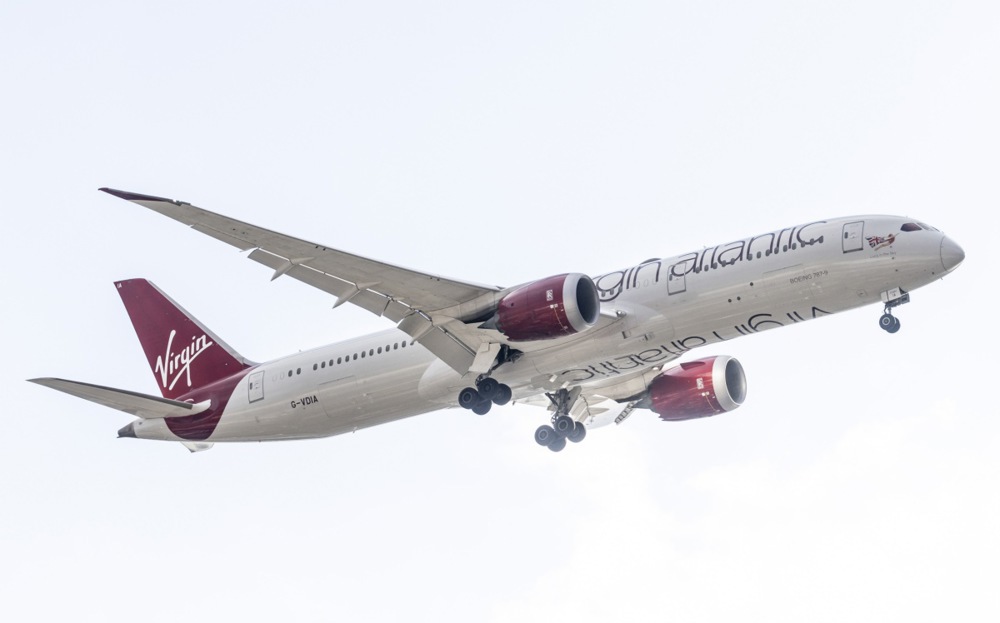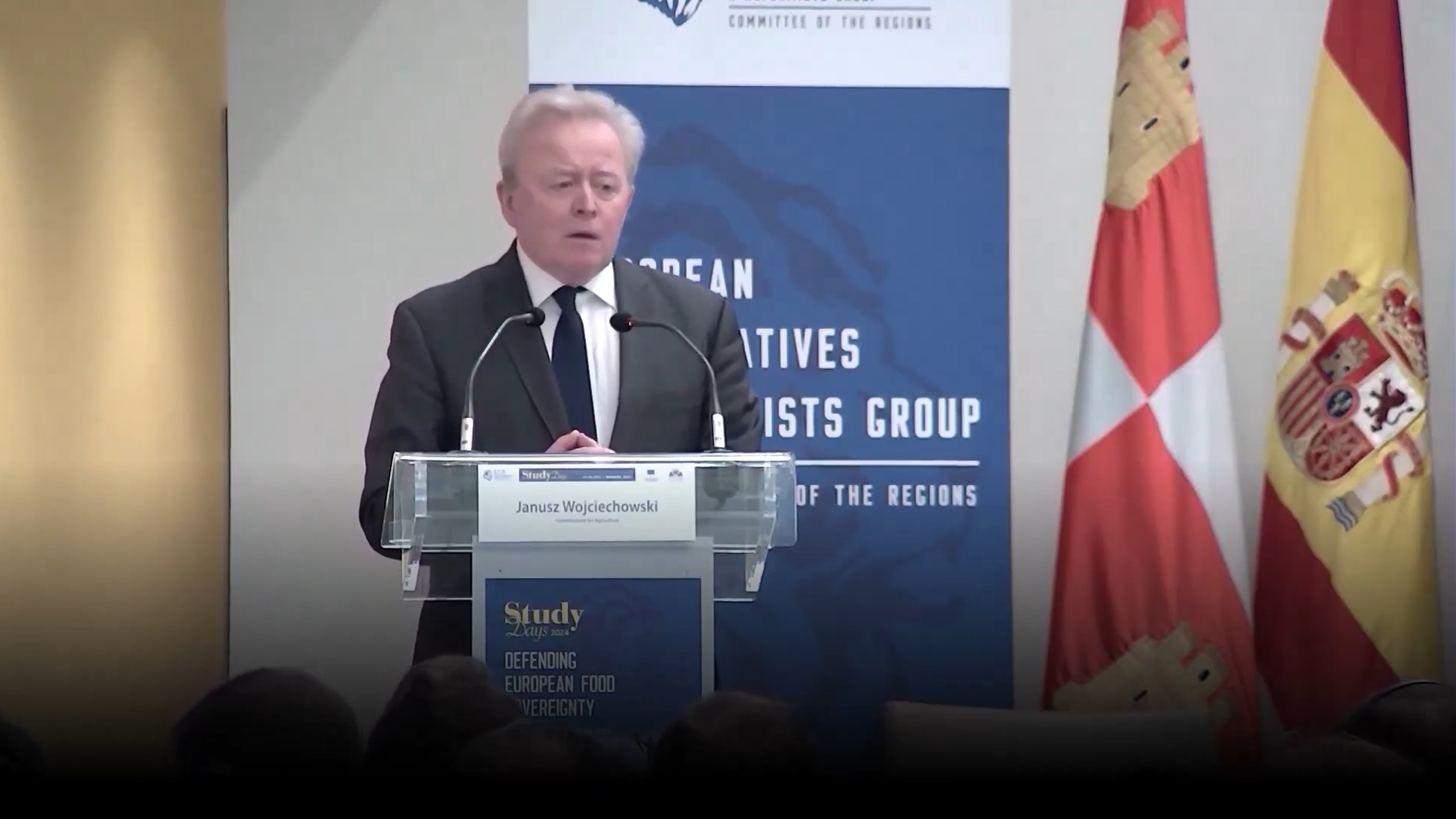The pressure of illegal migration in the Canary Islands has become “unsustainable”, according to Rubén Pulido, a Spanish ex-military immigration analyst.
In 2023, “more than 140,000 people arrived illegally by sea in the archipelago”, he said on June 26. “In the month of October alone there were 15,000.
“Canary Islands is a mess, despite what Brussels says,” he told Brussels Signal.
Pulido pointed to the UN signing of the so-called “Marrakesh Pact” for “orderly, safe and regular migration” in December 2018.
“The pact was aimed at achieving such migration,” he said, adding “but six years have passed and it is neither orderly, nor safe, nor regular”.
The European Parliament’s Committee on Petitions on June 12 acknowledged in a written answer to a local citizen’s question that “the migratory pressure that Spain is facing at its external borders … [was] due to its geographic position and proximity to Morocco, Western Sahara, Senegal, Mauritania and The Gambia”.
Regarding the role of Brussels in immigration control, Pulido said he was “very sceptical” and referred to relevant data to reinforce his arguments.
“There are more than 300,000 illegals who have entered Spain since 2018 through Ceuta, Melilla and various boats,” he said.
???????? Más de 20.000 inmigrantes ilegales africanos han llegado a #Canarias en lo que vamos de año.
? Un 220% más respecto al año pasado.
?️ 290 embarcaciones. pic.twitter.com/IjCmqZ4B3Z
— Canario Today (@CanarioToday) June 23, 2024
He stated on his X profile that the Spanish Government was moving hundreds of sub-Saharan Africans to the rest of the Peninsula at night, allegedly to “to prevent citizens from noticing”.
? #EXCLUSIVA || Esto ocurrió anoche en el aeropuerto de #Madrid–#Barajas:
ℹ️ Un total de 481 inmigrantes ilegales de origen subsahariano llegaron a la Terminal 3 después de viajar desde #Canarias a la capital española.
✈️ Llegaron en dos vuelos operados por Air Europa y… pic.twitter.com/gJCNRvwrd7
— Rubén Pulido (@rubnpulido) June 20, 2024
“These flights are chartered in agreement with the Ministry of Migration,” he claimed. “There are volunteers from various NGOs such as the Red Cross.”
He added that, “European resilience funds” were being used for that purpose.
“On Wednesday June 26, a plane was chartered at dawn with 178 sub-Saharan Africans, another one will be chartered on the 27th, and 700 illegal immigrants were transferred last week alone,” he claimed.
The Committee on Petitions said the European Border and Coast Guard Agency, known as Frontex, has “193 deployments [missions] alongside the 72 deployments of the EU Asylum Agency”.
Pulido said, according to sources from the Spanish security forces, “the only thing Frontex is doing right now is collecting data, at no time is it actively acting to control migratory flows.
“The statistics collected are sent to Warsaw [the agency’s headquarters] to produce risk reports, but at no point do they talk about how to prevent them.”
This is how #NGOs behave in the Central #Mediterranean, where they constantly provide a direct service to criminal networks in #Libya and #Tunisia. Their actions always go unpunished, despite constantly violating international maritime law and actively collaborating with… pic.twitter.com/3QtuHCJ4xf
— Rubén Pulido (@rubnpulido) June 25, 2024
The expert also referred to a recent Frontex report: “They say that about 100,000 people are waiting on the coast of Mali to leave for the Canaries”.
The European institutions claim they work “to improve and expand the reception system, including also for addressing the specific challenges raised by the reception of unaccompanied minors”, Pulido stated.
He said, though, that statistics were being manipulated by official bodies. “Of all the immigration that comes in, barely 30 per cent are converted into official asylum applications.

Pulido added that “70 per cent is therefore illegal immigration against which nothing is done either”.
“They do not fall under the reception parameters that are stipulated for refugees.”





